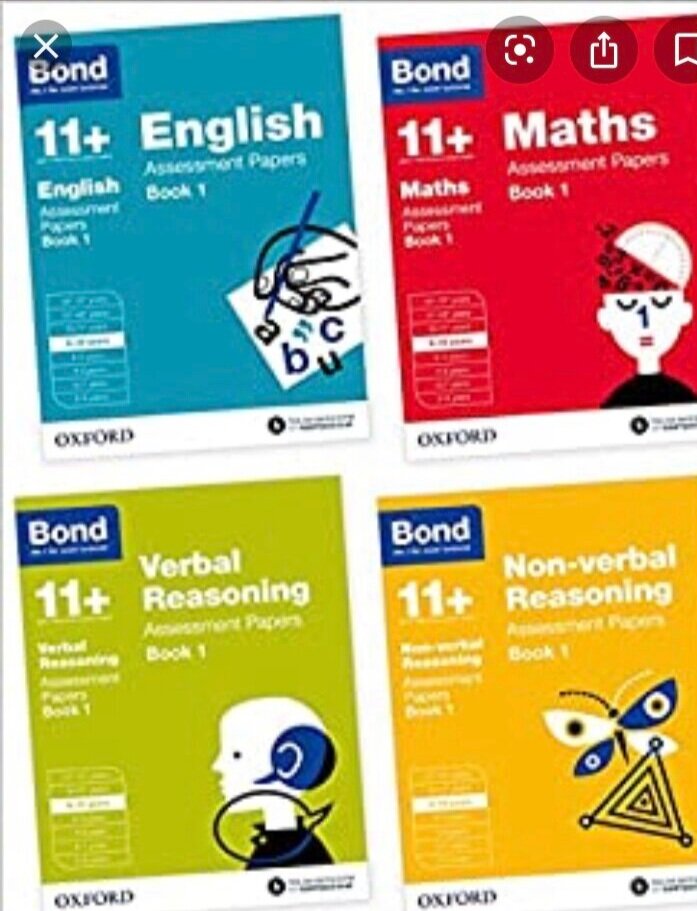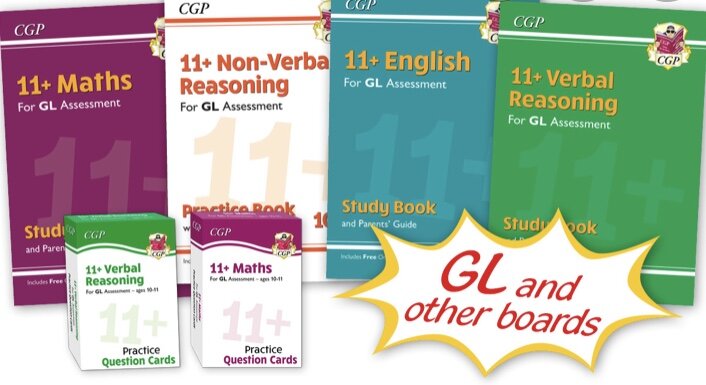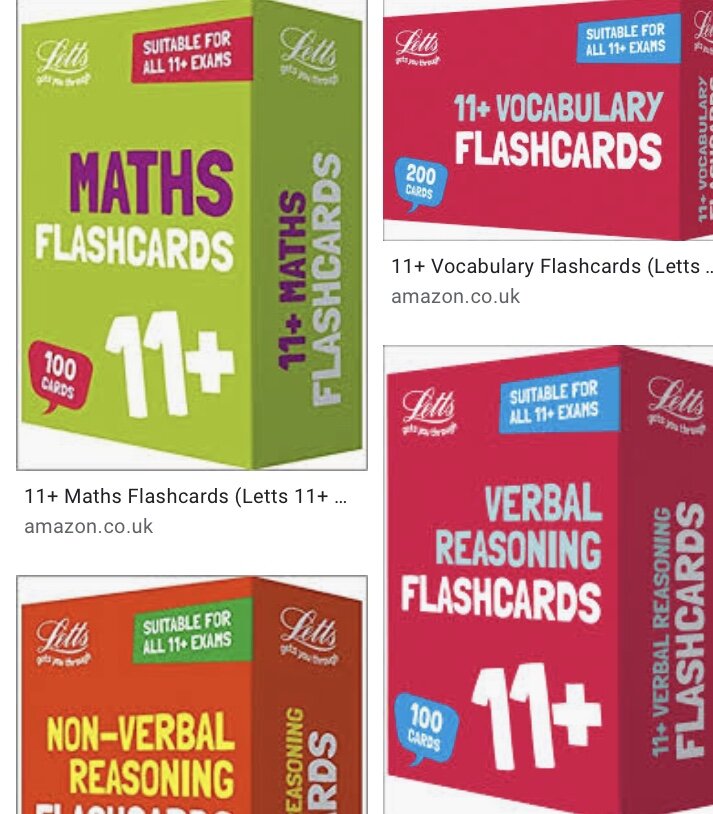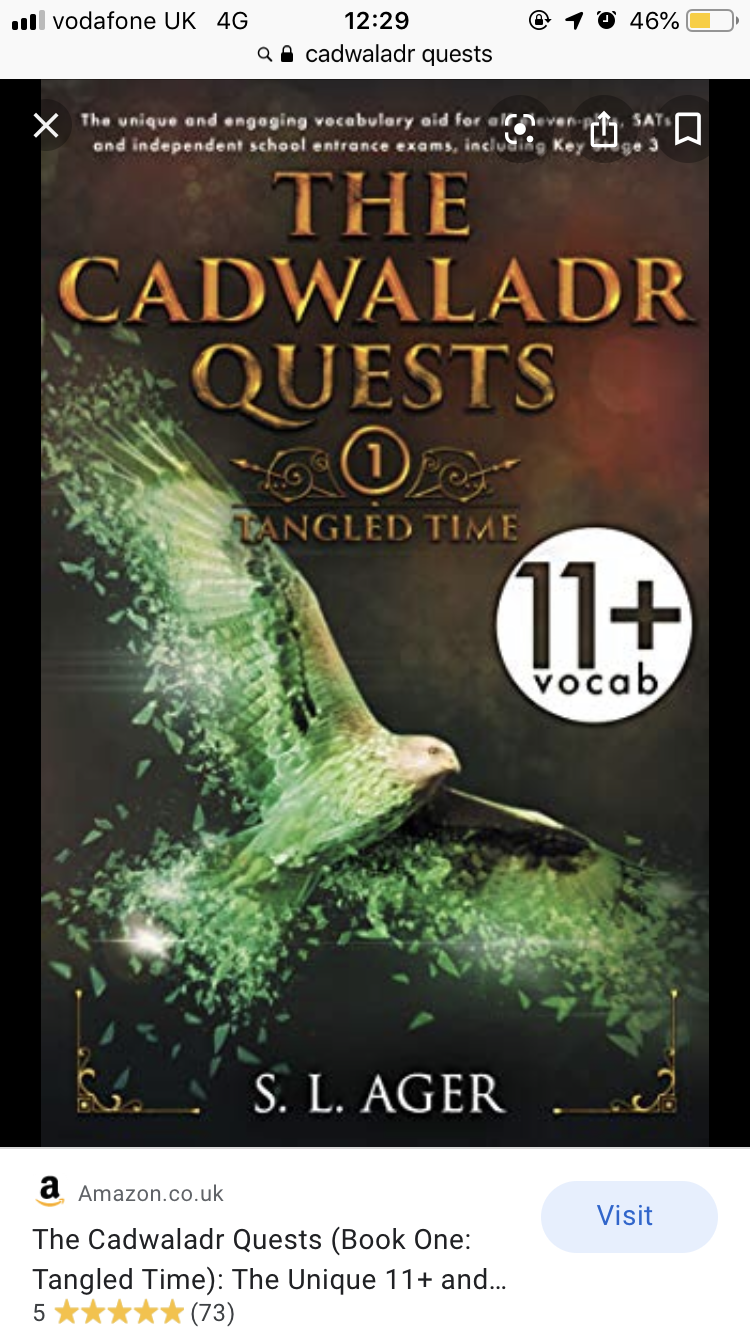In the illustrious tapestry of British education, where tradition meets academic excellence, a select few institutions stand as the crown jewels of elite boarding schools. For discerning parents seeking not just an education but an aristocratic upbringing for their heirs, the hallowed halls of Eton College and Harrow School beckon. In this exclusive exploration, The Tutoress unveils the secrets, traditions, and transformative experiences that await those who dare to dream of the pinnacle of British education.
Eton College: The Epitome of Elegance and Intellect
At Eton College, the aura of prestige and history permeates the manicured grounds. Founded in 1440 by King Henry VI, Eton has long been a bastion of tradition and academic rigor. But what sets Eton apart is not just its storied past, but its commitment to shaping tomorrow's leaders.
The House System: Nurturing a Noble Brotherhood
Eton's unique house system is the heartbeat of its community, with each house fostering camaraderie, healthy competition, and a sense of belonging. From the historic College to the more modern Schoolhouse, each enclave becomes a home away from home, where lifelong friendships are forged, identities are strengthened and future world leaders are shaped.
Academic Excellence in a Regal Setting
The pursuit of academic excellence is non-negotiable at Eton, where distinguished faculty members guide students through a curriculum that seamlessly blends tradition with modernity. Small class sizes ensure personalised attention, allowing young minds to flourish in an environment that values intellectual curiosity and critical thinking.
Harrow School: Where Tradition Meets Tomorrow's Leaders
Nestled on a hill overlooking the rolling green expanses of Harrow-on-the-Hill, Harrow School stands as a testament to the enduring allure of British education. With its iconic Old Schools building and the unmistakable speech room, Harrow exudes an air of timeless sophistication.
The Speech Room: Echoes of Greatness
In the heart of Harrow lies the Speech Room, a historic space that has witnessed the oratory prowess of luminaries such as Sir Winston Churchill. Here, students not only refine their public speaking skills but absorb the echoes of greatness that resonate within its walls, instilling a sense of purpose and leadership.
Beyond the Classroom: The Holistic Harrow Experience
Harrow's commitment to holistic education extends beyond academics, with an array of extracurricular activities designed to nurture well-rounded individuals. Under the guidance of experienced mentors, students can explore and excel in their passions, from the arts to sports.
Choosing the Right Fit: Decoding the Boarding School Experience
When deciding which school to send your child to, the decision between Eton and Harrow is one that requires careful consideration. While both institutions share a commitment to excellence, their cultures, traditions, and offerings offer unique perspectives.
Eton: The Quintessential British Elegance
Eton's emphasis on tradition, coupled with a forward-looking approach to education, creates an atmosphere of quintessential British elegance. Among the works of literary giants can be found in Eton College Library's extensive collection, which provides a peaceful environment for intellectual exploration.
Harrow: A Tapestry of Tradition and Innovation
Harrow, on the other hand, weaves a tapestry of tradition and innovation. As part of its Global Leadership Program, students are challenged to engage in global issues and develop their sense of responsibility and leadership. The Harrow International Schools in Asia extend this legacy, creating a bridge between the hallowed grounds of Harrow and the evolving landscape of international education.
Conclusion: Crafting a Noble Legacy
Whether the choice of school is Eton's timeless elegance or Harrow's dynamic fusion of tradition and innovation, the journey through the halls of these elite boarding schools promises an unparalleled blend of academic rigour, personal growth, and a connection to a heritage that spans centuries.
In the pursuit of the crown jewels of education, Eton and Harrow stand not merely as institutions but as guardians of a tradition that has shaped the destinies of kings and leaders. For those who seek not just success but a regal upbringing for their heirs, the path to greatness begins here, amid the rich history and academic excellence that define the essence of British education at its finest.









